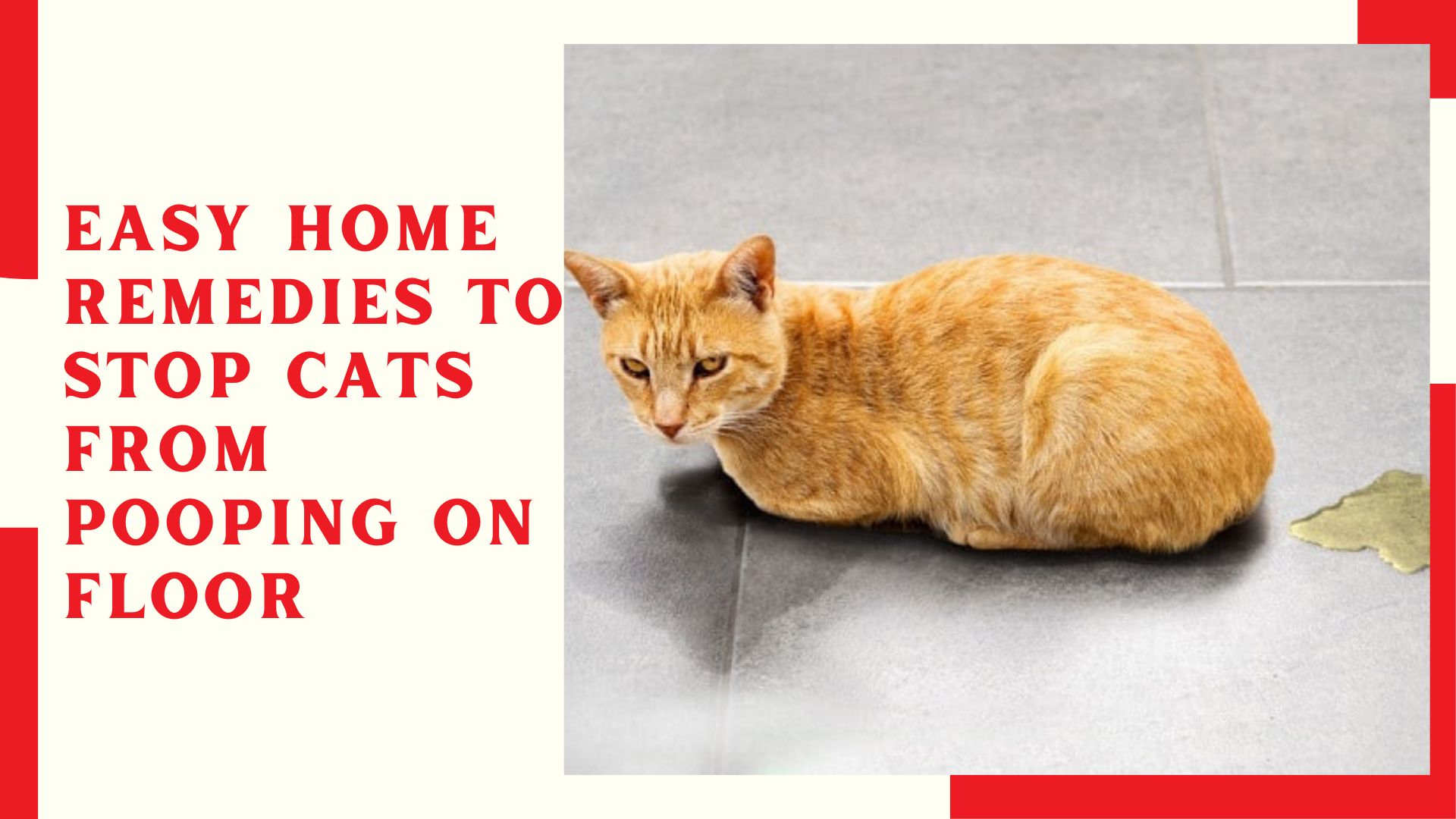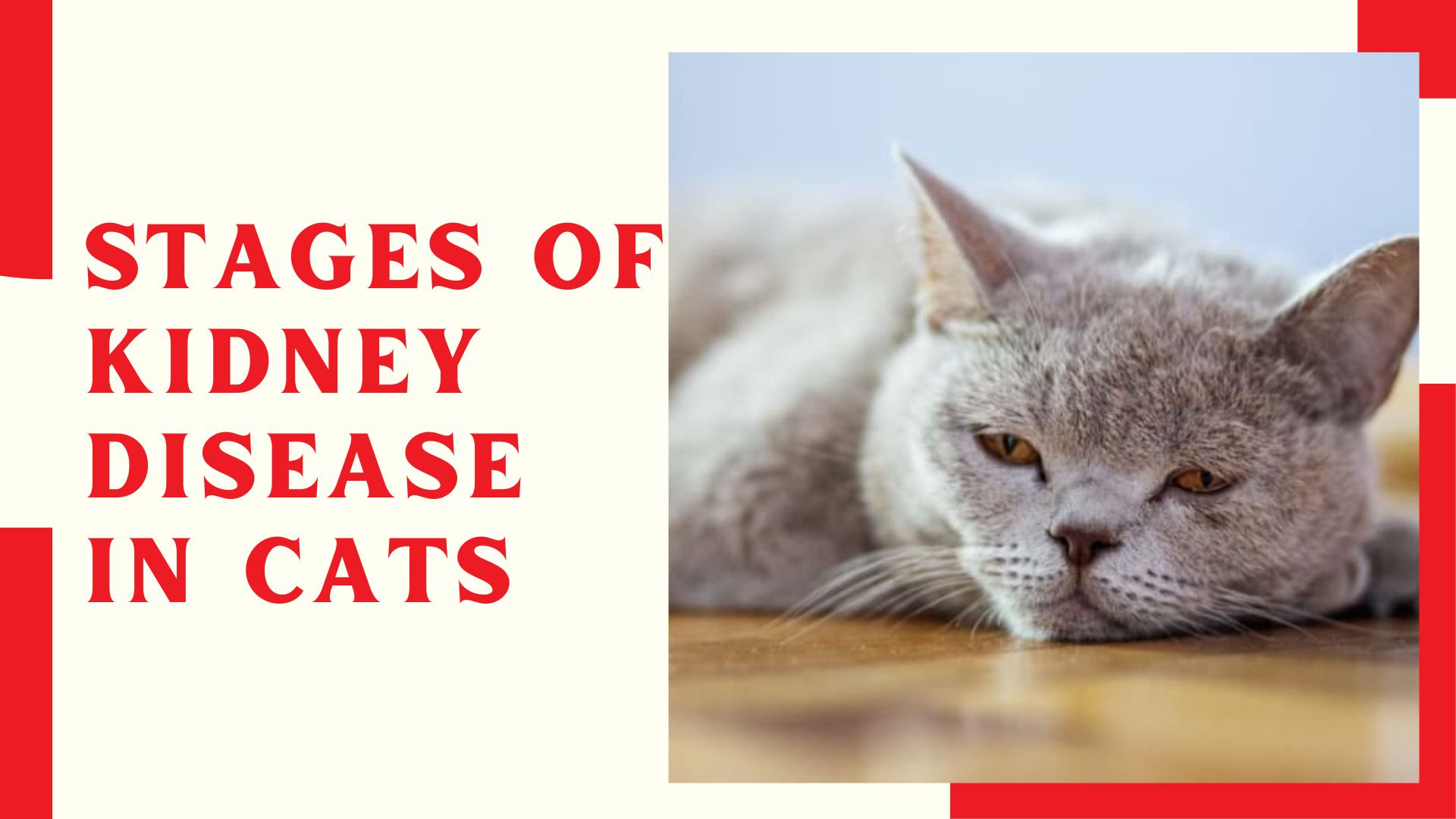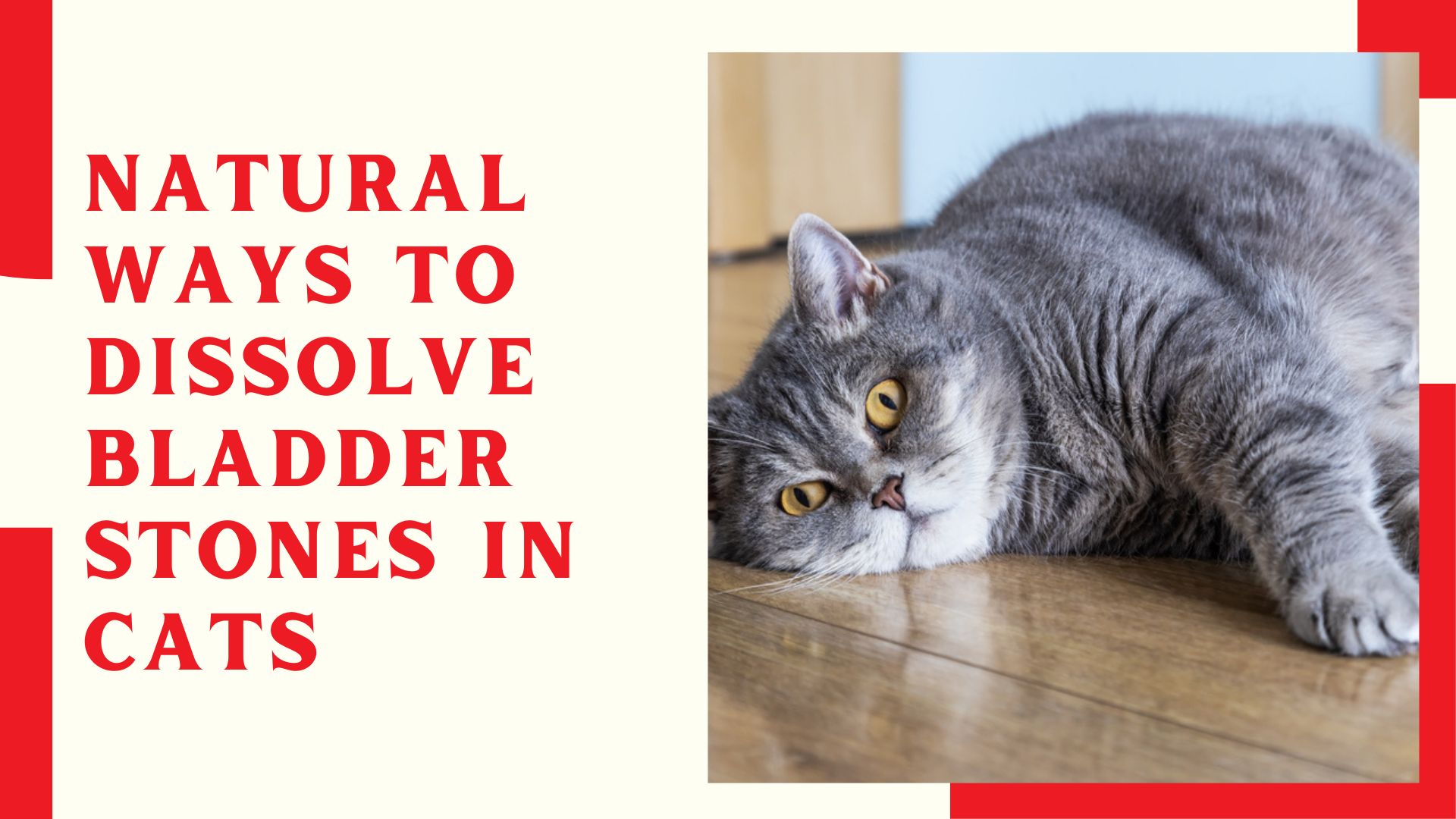Cats, beloved companions known for their independent and playful nature, are susceptible to various health issues, including parasitic infections such as worms. These internal parasites can pose serious threats to your feline friend's health if left untreated. Understanding the signs of worms in cats is crucial for prompt detection and treatment.
Related Products You Might Like
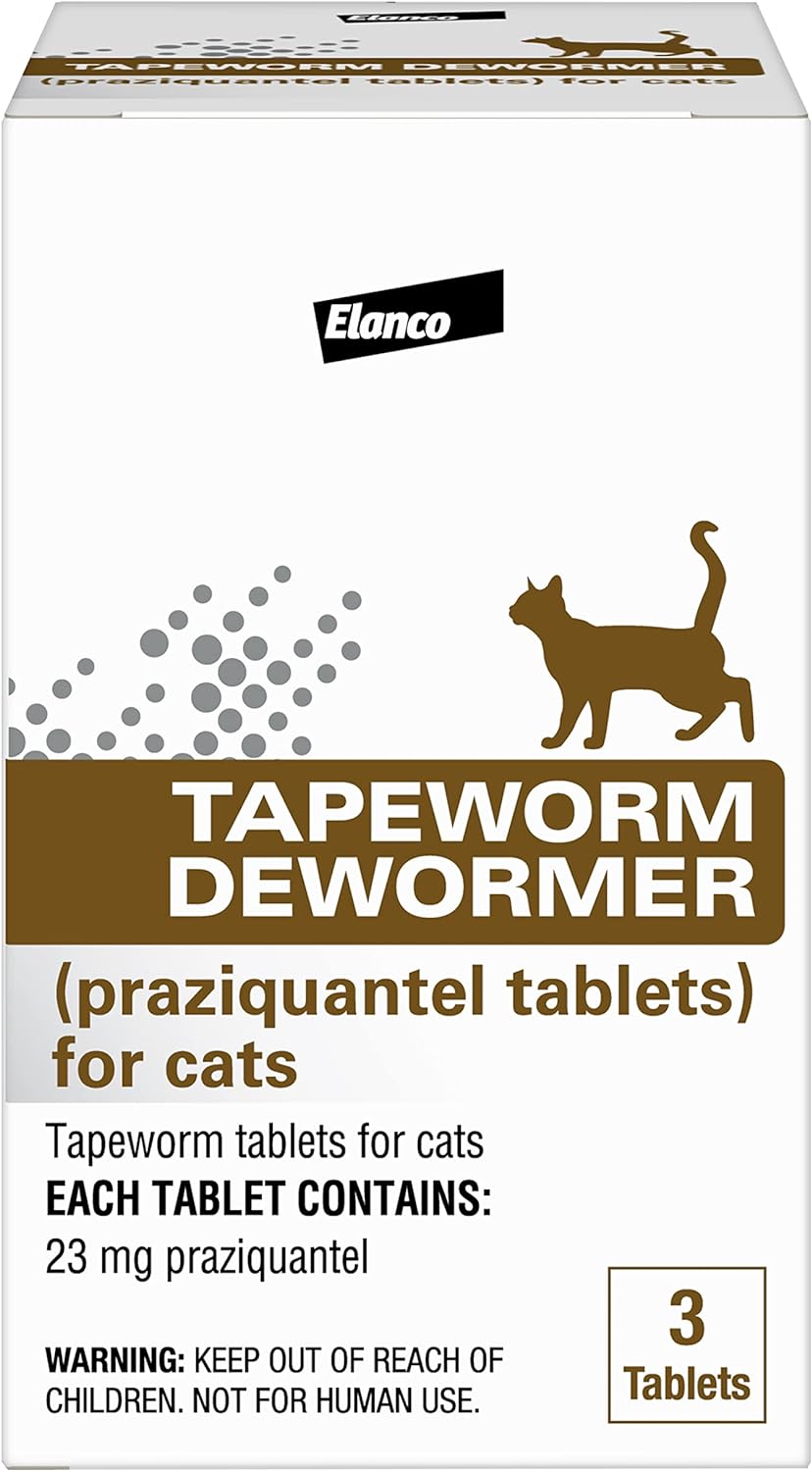
Tapeworm Dewormer
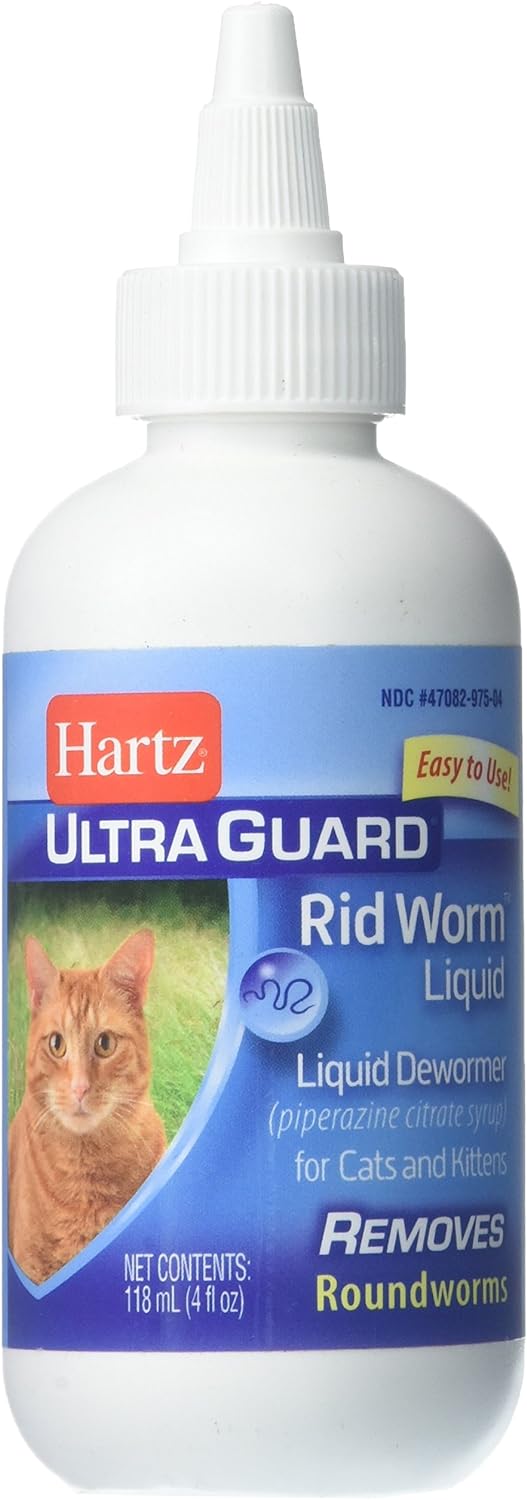
Worm Liquid for Cats
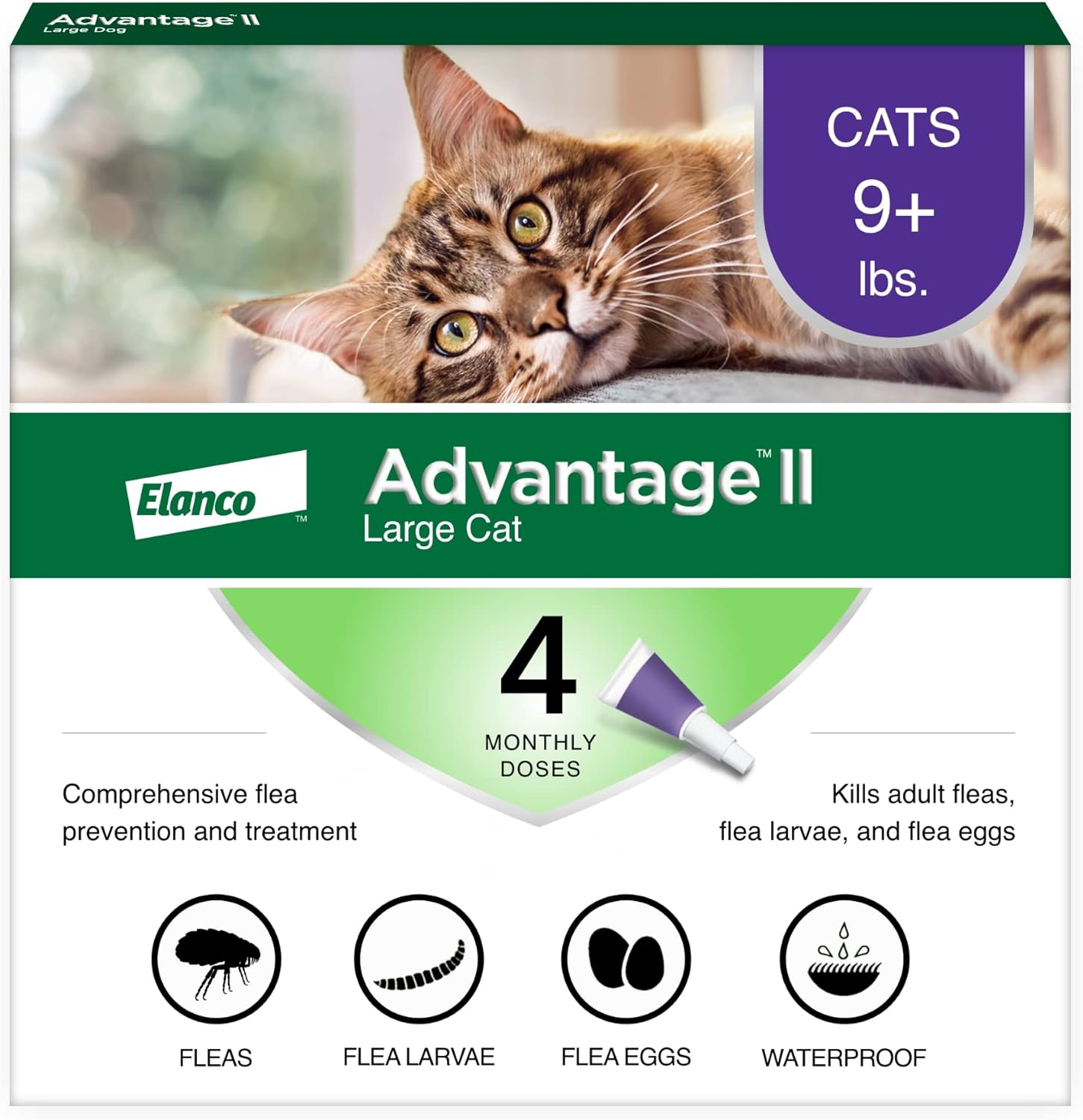
Flea Treatment & Prevention
"(Paid Links)" As an Amazon Associate, We earn from qualifying purchases.
Complete guide to help you recognize these insidious invaders:

Weight Loss and Changes in Appetite
One of the primary indicators of worm infestation in cats is a noticeable change in appetite. Your cat may exhibit a sudden increase or decrease in food consumption. Additionally, unexplained weight loss despite a normal diet could signal the presence of worms, as these parasites compete with your cat for essential nutrients.
Visible Worms in Feces or Vomit:
In severe cases of infestation, you may actually observe worms in your cat's feces or vomit. These worms can vary in appearance depending on the type of parasite involved. Common types include roundworms, tapeworms, and hookworms, each with distinct characteristics.
Bloated Abdomen:
Worm infestations can lead to abdominal distention or bloating in cats. This occurs due to the accumulation of worms in the gastrointestinal tract, causing discomfort and swelling in the abdominal region. If you notice your cat's abdomen appearing distended or swollen, it's essential to consult a veterinarian promptly.
Lethargy and Weakness:
Cats infected with worms may exhibit signs of lethargy, decreased energy levels, and weakness. This is often a result of the parasites sapping their vitality by depriving them of vital nutrients. If your cat seems unusually tired or lacks interest in usual activities, it could be a red flag for underlying health issues, including worm infestation.
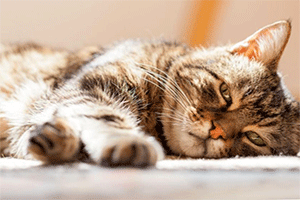
Visible Signs of Discomfort:
Cats may display visible signs of discomfort or distress when suffering from worm infestations. This can manifest as excessive scratching or licking around the anal area, where some worms, such as tapeworms, may cause irritation. Your cat may also scoot its rear end across the floor in an attempt to alleviate discomfort caused by itching.
Dull Coat and Poor Coat Condition:
A cat's coat is often an indicator of its overall health. Worm-infested cats may develop a dull, unkempt appearance due to nutritional deficiencies and impaired grooming habits. A lackluster coat accompanied by dry, flaky skin could be indicative of an underlying parasitic infection.
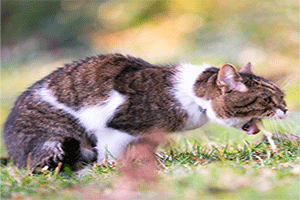
Vomiting and Diarrhea:
It's important to keep an eye on cats for worms, as they can cause symptoms like vomiting and diarrhea. But with proper care, we can help keep our feline friends happy and healthy! These gastrointestinal disturbances may be intermittent or chronic, depending on the severity of the infestation and the type of worms involved.
Respiratory Issues:
In some cases, particularly with lungworm infections, cats may exhibit respiratory symptoms such as coughing, wheezing, or difficulty breathing. These signs often indicate a more severe infestation requiring immediate veterinary attention.
Visible Signs of Anemia:
Severe worm infestations, especially those involving hookworms, can lead to anemia in cats. Anemic cats may display pale gums, weakness, and lethargy due to reduced red blood cell count. Anemia is a serious condition that warrants immediate veterinary intervention.
Conclusion
Recognizing the signs of worm infestation in cats is crucial for timely intervention and treatment. Regular veterinary check-ups, deworming protocols, and proper hygiene practices can help prevent and control parasitic infections in your feline companion. If you suspect that your cat may be suffering from worms, seek veterinary care promptly to ensure their health and well-being.

